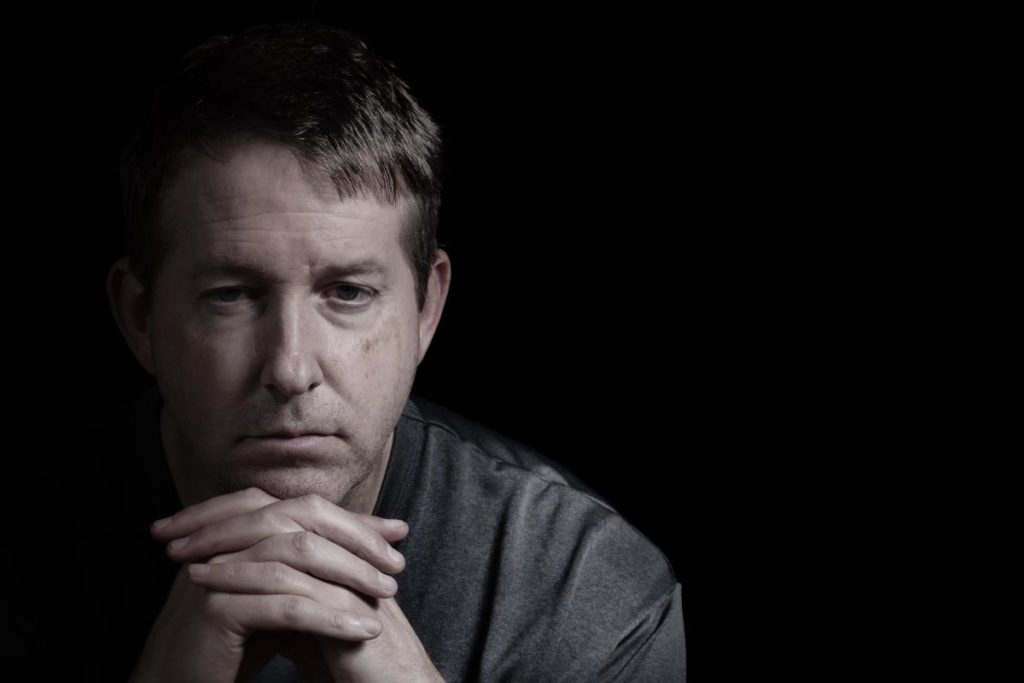The decision to seek help for addiction often begins with recognizing the need for detox, but the thought of withdrawal can be terrifying enough to prevent people from taking that crucial first step. If you’re considering Texas detox services, understanding what the process involves and how medical supervision makes it safer and more comfortable can help ease those fears and encourage you to move forward with treatment.
Detox represents much more than simply removing substances from your body. Quality Texas detox programs provide the foundation for lasting recovery by safely managing withdrawal symptoms while preparing individuals for ongoing treatment. This medically supervised process ensures safety during what can be a dangerous time while providing the support and encouragement needed to continue with comprehensive addiction treatment.
The reality is that withdrawal symptoms vary dramatically depending on the substances involved, how long you’ve been using them, and your individual health factors. What remains constant is that professional medical supervision makes the process significantly safer and more comfortable than attempting to detox on your own. Medical detox provides 24-hour monitoring, appropriate medications when needed, and immediate intervention if complications arise.
When Medical Detox Becomes Essential
While not everyone requires formal medical supervision during withdrawal, certain circumstances make professional Texas detox absolutely necessary for safety. Alcohol dependence represents one of the most dangerous withdrawal scenarios because severe alcohol withdrawal can cause life-threatening seizures and a condition called delirium tremens. Anyone with a history of heavy, regular alcohol use should always seek medical supervision when stopping drinking.
Benzodiazepine withdrawal presents similar dangers, as these medications affect the same brain systems as alcohol. Stopping benzodiazepines abruptly can trigger seizures and other serious complications, making gradual, medically supervised tapering essential for safety. These medications should never be stopped suddenly without professional guidance.
Opioid withdrawal, while typically not life-threatening, causes such intense physical and emotional discomfort that most people cannot successfully complete it without support. The severe flu-like symptoms, combined with intense cravings and depression, often drive people back to drug use within hours or days of attempting to quit alone. Medical detox provides medications and comfort measures that dramatically improve the experience.
People using multiple substances face particularly complex withdrawal patterns that require careful medical management. Each substance may produce different withdrawal symptoms at different times, creating overlapping complications that only experienced medical professionals can safely navigate.
Understanding the Detox Timeline
The timeline for Texas detox varies significantly based on the substances involved and individual factors. Alcohol withdrawal typically begins within hours of the last drink, peaks within 24 to 72 hours, and generally resolves within a week. However, some people experience prolonged symptoms that require extended medical support and monitoring.
Opioid withdrawal follows a different pattern, with short-acting drugs like heroin causing symptoms that peak within one to three days and resolve within a week. Long-acting opioids like methadone or extended-release formulations may produce withdrawal symptoms that develop more slowly but last longer, sometimes requiring weeks of gradual tapering.
Benzodiazepine withdrawal often requires the longest timeline, as these medications must be reduced gradually over weeks or months to prevent dangerous complications. The specific timeline depends on which benzodiazepine was used, the dose, and how long the person has been taking it.
Stimulant withdrawal from substances like cocaine or methamphetamine primarily involves psychological symptoms rather than dangerous physical complications. However, the severe depression, fatigue, and sleep disturbances can last for weeks, making professional support valuable for maintaining motivation and preventing relapse.
The Texas Detox Experience
Professional Texas detox begins with comprehensive assessment that examines not just substance use patterns but overall health, mental health conditions, previous withdrawal experiences, and social support systems. This evaluation helps medical staff develop an individualized detox protocol that addresses specific needs and risk factors.
During the stabilization phase, medical staff monitor vital signs regularly and provide medications as needed to manage withdrawal symptoms and prevent complications. Common medications might include anti-seizure drugs for alcohol withdrawal, comfort medications for opioid withdrawal symptoms, or gradual tapering schedules for benzodiazepine dependence.
The environment in quality detox facilities is designed to be as comfortable as possible while maintaining necessary medical oversight. Private or semi-private rooms, nutritious meals, and access to supportive staff help create a healing atmosphere that reduces stress and promotes recovery.
Most Texas detox programs also begin preparing individuals for ongoing treatment from the moment they arrive. This preparation includes education about addiction as a medical condition, introduction to treatment concepts, and planning for continuing care after detox completion.
Beyond Physical Stabilization
Effective detox addresses more than just physical withdrawal symptoms. The psychological aspects of early recovery can be just as challenging as physical discomfort, requiring compassionate support and professional guidance. Anxiety, depression, mood swings, and intense cravings are normal parts of the withdrawal process that benefit from professional intervention.
Many people entering detox feel ashamed, scared, or hopeless about their situation. Experienced detox staff understand these feelings and provide encouragement while helping individuals see that recovery is possible. This emotional support often proves as important as medical intervention in helping people complete detox and continue with treatment.
Family involvement during detox can provide additional motivation and support, though policies vary between facilities. Many programs offer family education and communication guidelines that help loved ones provide appropriate support during this vulnerable time.
Preparing for Ongoing Recovery in Texas Detox
Quality Texas detox programs recognize that detoxification alone rarely leads to sustained recovery. The most successful facilities begin discharge planning from admission, connecting individuals with appropriate continuing care services before they leave the medical detox program.
Residential treatment often represents the next step for those with severe addiction or limited support systems at home. Intensive outpatient programs work well for people with strong family support and fewer complications. The choice depends on individual circumstances, severity of addiction, and available resources.
Medication-assisted treatment becomes an important consideration for those with opioid use disorders. These evidence-based treatments combine FDA-approved medications with counseling to significantly improve long-term recovery outcomes.
Insurance and Access Considerations for Texas Detox
Most insurance plans cover medically necessary detox services, recognizing that professional withdrawal management prevents more serious and expensive medical complications. However, coverage details vary significantly between plans and providers, making it important to verify benefits before beginning treatment.
Financial counselors at detox facilities can help verify insurance coverage, understand potential out-of-pocket costs, and identify additional resources if needed. Many facilities offer payment plans or sliding scale fees to ensure that financial concerns don’t prevent access to necessary medical care.
Taking the first step toward recovery requires tremendous courage, especially when facing uncertainty about the detox process. However, thousands of people successfully complete medical detox each year and go on to build fulfilling lives in recovery. Professional support makes withdrawal safer and more comfortable while providing the foundation needed for ongoing treatment success.
At Texas Recovery Centers, we understand the anxiety that surrounds the decision to seek detox services. Our experienced medical team provides comprehensive detox care with 24-hour monitoring and personalized treatment protocols that ensure safety and comfort throughout the withdrawal process.
Located at 6950 Shady Lane in Scurry, Texas, our facility offers medically supervised detox followed by comprehensive addiction treatment programs. Our compassionate staff recognizes the courage it takes to seek help and provides the support needed to successfully complete detox and continue with recovery.
If you’re ready to take the first step toward freedom from addiction, contact Texas Recovery Centers today at 214-295-6503. Our admissions team can answer questions about our detox services and help you begin the journey toward a healthier, substance-free life. Don’t let fear of withdrawal keep you trapped in addiction – professional help can make the process manageable and safe.













